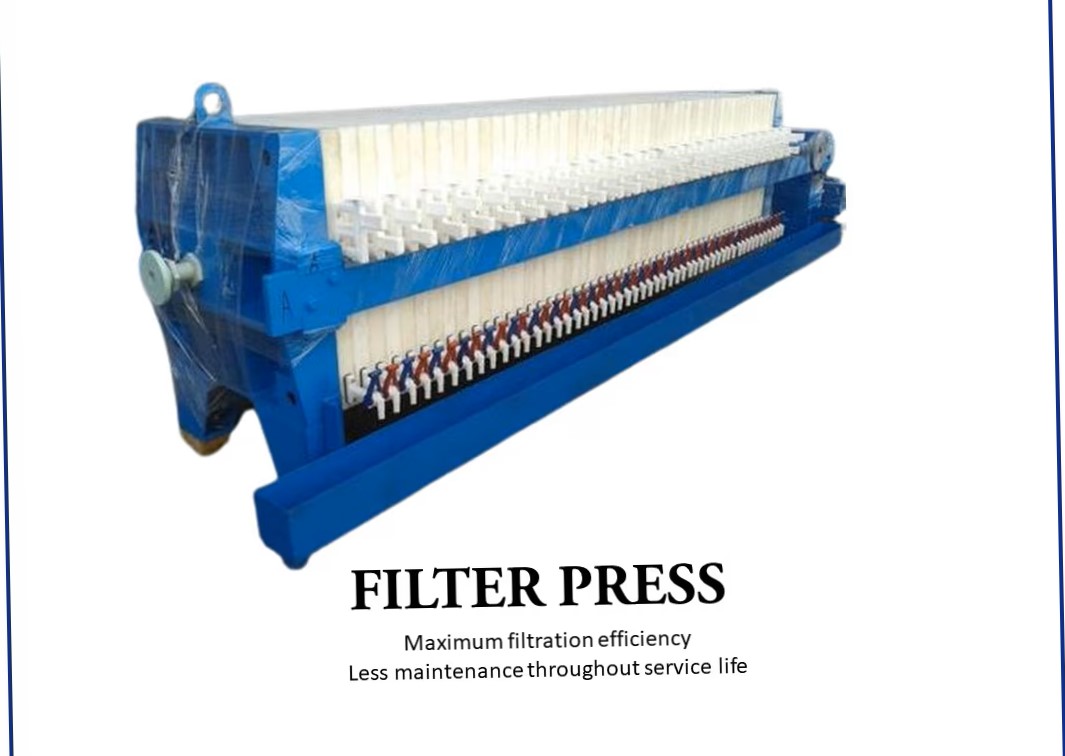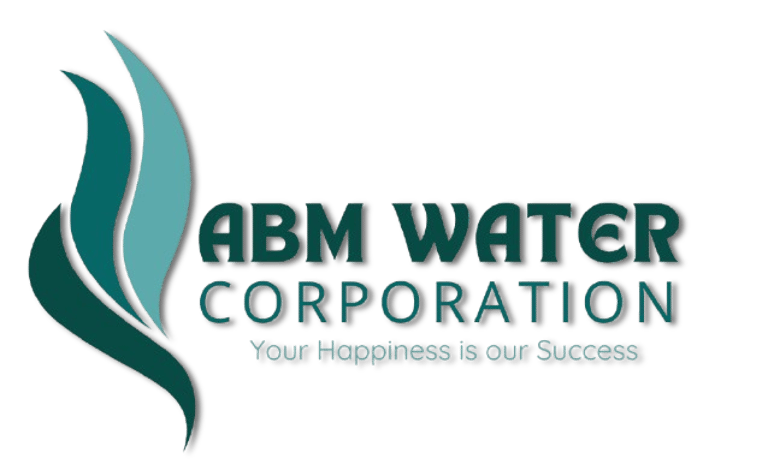
Filter Press
Efficient industrial filtration solution
₹20000.00
Experience superior performance with our advanced filter press, engineered to deliver exceptional filtration efficiency and minimal maintenance throughout its extended service life. Perfectly suited for a wide array of industrial applications, this robust unit is designed for reliability and cost-effectiveness. Its user-friendly operation streamlines your processes, while the durable construction ensures consistent results, even under demanding conditions. Available in a range of sizes to suit your specific requirements and featuring a clean, industrial-grade finish, this filter press is the smart choice for maximizing productivity and reducing downtime.
### Understanding Filter Presses for Wastewater Treatment In the growing landscape of environmental consciousness and sustainable practices, the treatment of wastewater has become a pivotal domain of modern engineering. Among the various technologies deployed for this purpose, filter presses play a significant role in the removal of sludge from wastewater, ensuring that treated water is suitable for discharge or reuse. This document delves into the workings of filter presses, their applications in wastewater treatment, and their crucial function in separating sludge to facilitate cleaner water access. #### What is a Filter Press? A filter press is a mechanical device used to separate solid from liquid components of a suspension. It consists of a series of plates, typically made of metal or plastic, which are arranged in a frame and fitted with filter media. When a suspension of wastewater is pumped into the press, the liquids pass through the filter media while solids – or sludge – are captured in the pockets formed between the plates. This technique allows for efficient solid-liquid separation, particularly in processes where the volume of solids is significant. #### How Filter Presses Work The operation of a filter press can be summarized in the following steps: 1. **Filling Phase:** The wastewater suspension is pumped into the filter press, filling the chambers or pockets formed by the plates. The pressure of the pump forces the liquid through the filter media. 2. **Filtration Phase:** As the liquid passes through the filter, solids are trapped within the pockets. The efficiency of this phase depends on the type of filter media and the characteristics of the wastewater. 3. **Cake Formation:** Over time, as more sludge accumulates, a solid cake forms in the pockets. This cake consists of compressed solids that can be further processed or disposed of. 4. **Wash Phase (Optional):** Some applications require washing the cake to remove remaining liquids or impurities, enhancing the quality of the output. 5. **Cake Discharge:** Once the desired amount of sludge has been removed, the filter press is opened, allowing for the solid cake to be discharged. The remaining liquid, referred to as filtrate, exits the press and can be subjected to additional treatment or discharged as treated wastewater. 6. **Reconditioning:** After discharge, the filter press is reconditioned for the next cycle. #### Advantages of Using Filter Presses - **High Efficiency:** Filter presses are highly efficient in separating solids from liquids, capturing up to 99% of solids in certain applications. - **Reduced Waste Volume:** By removing a significant portion of the water content from sludge, filter presses help in minimizing waste volume, leading to reduced disposal costs. - **Quality of Effluent:** The treated water produced post-filtering often meets regulatory standards for discharge, minimizing environmental impact. - **Versatility:** These systems can handle various types of wastewater, including that from municipal sewage, industrial processes, and food production. #### Applications in Wastewater Treatment Filter presses are utilized in numerous settings, including: - **Municipal Wastewater Treatment Plants:** These facilities utilize filter presses to separate sludge from treated sewage, ensuring the remaining water can be safely returned to local waterways. - **Industrial Operations:** Many industries, including mining, chemical production, and food processing, employ filter presses to manage wastewater containing high solids concentrations. - **Biosolids Management:** The treatment of biosolids from wastewater can be efficiently managed using filter presses, converting sludge into a manageable cake that can be further processed for land applications or disposal. #### Conclusion As environmental regulations tighten and industries increasingly seek sustainable practices, filter presses are an invaluable asset in the realm of wastewater treatment. By effectively removing sludge from wastewater, they ensure that the remaining water is cleaner, thereby protecting our waterways and promoting environmental health. With advancements in technology and design, filter presses will continue to evolve, further enhancing their efficiency and effectiveness in delivering cleaner water solutions.

